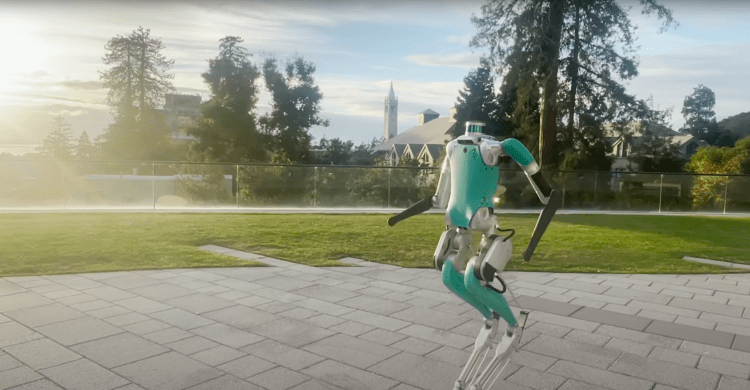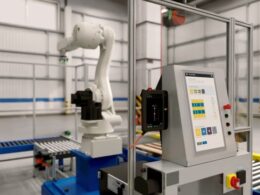Researchers at the University of California, Berkeley, have made significant progress in creating a control system that enables humanoid robots to navigate through various terrains and obstacles with ease. The system, inspired by deep learning frameworks used in language models, relies on the principle that studying past observations can help predict future states and actions. By analyzing its interactions, the AI system dynamically refines its behavior to effectively handle novel scenarios it has not encountered before.
Researchers Develop Versatile Control System for Humanoid Robots










